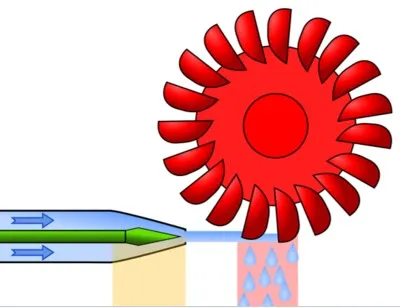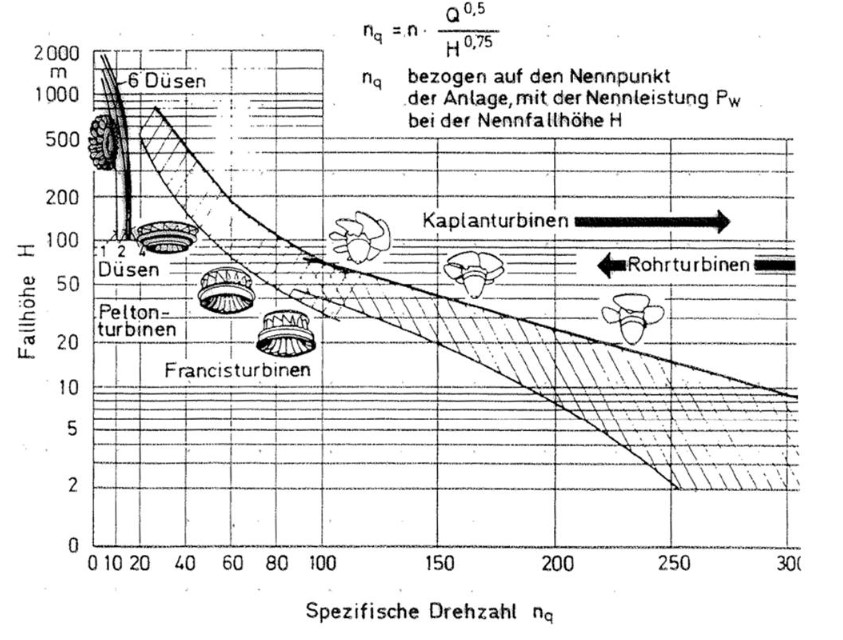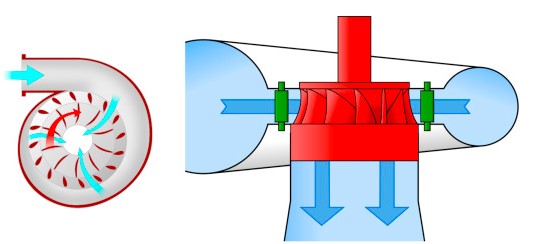Energy Recovery from the Water Transmission and Distribution Systems with the Application of Hydraulic Turbines
Daniel Baños González

A micro-hydro turbine can be installed on existing water conveyance structures such as pressurized pipelines or irrigation canals that deliver water to municipalities, industry, or agricultural water users. Micro-hydropower can be used in order to improve the energetic efficiency of existent water transmission and distribution systems. In the particular case of drinking water systems, several studies have shown that pressure-reducing valves can be by-passed or combined with hydro turbines in order to recover the dissipated hydraulic energy to produce electricity. The addition of hydropower to existing water conduits, some of which constitute aging infrastructure that is becoming more expensive to maintain, can provide a reliable new source of clean and renewable energy. The selection of the “best” micro-hydro turbine is however challenging, because of the small flow rate available and changing operating conditions of the water drinking system.
Given this context, this Bachelor Thesis aims to estimate the potential of this technology for electricity production applied in a water distribution system using a micro-hydro turbine. In a first step, the use of appropriate micro-turbine alternatives such as low specific speed Francis turbines, Pelton turbines with backpressure and pump as turbines (PAT) were evaluated in order to find the “best” option for application in water drinking systems. An economic feasibility study was presented for each turbine type considering different water flow rates and micro hydro turbine costs. With a specific case study for the town of Rehetobel, Switzerland, the most economic (cost) and efficient (turbine efficiency) solution was determined by comparing the different turbines mentioned above.

